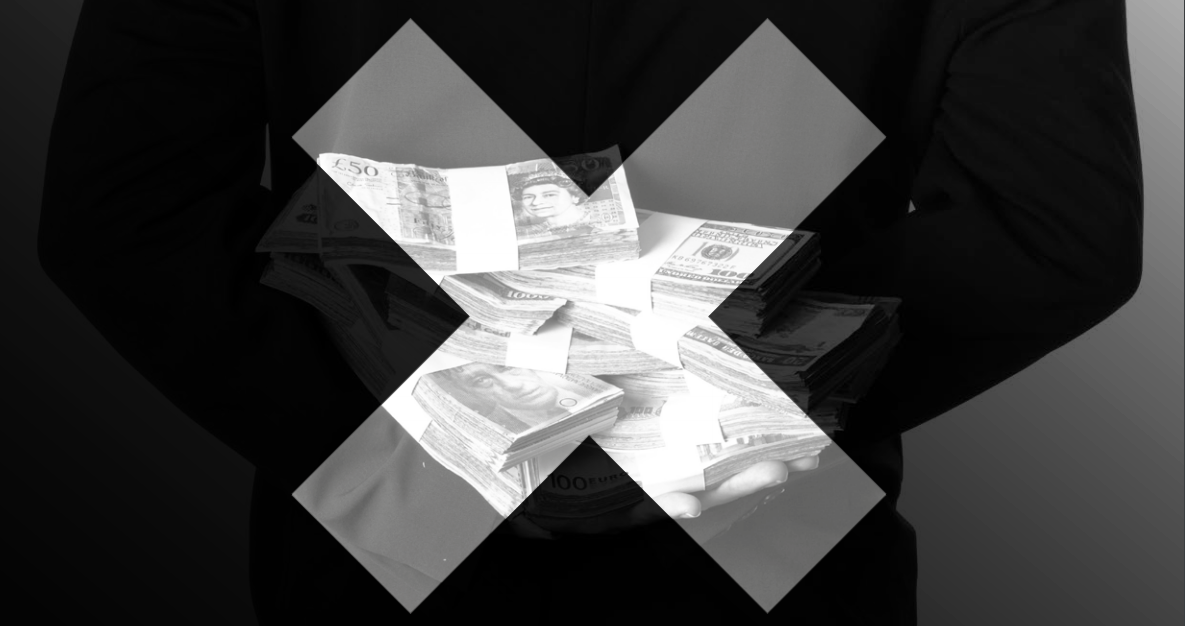
A year after Luxleaks, most EU countries still fail to tackle tax dodging
One year ago, the ‘Luxembourg Leaks’ scandal revealed the shocking scale of corporate tax dodging, as well as the key role EU countries play in the problem. Now, a new report shows that most EU countries continue to uphold secretive tax systems riddled with loopholes, and a great range of ways for companies and individuals to hide money.
Most of the EU Member States studied in Fifty Shades of Tax Dodging, including the Netherlands, still provide ample opportunities for multinational corporations and wealthy individuals to dodge taxes and hide money. This has many negative impacts on citizens in the world’s poorest countries, as well as in the EU itself. “The recent decision by the European Commission that the deal between the Dutch government and Starbucks is illegal, shows that the Dutch treasury loses money through tax avoidance by multinationals”, says Katrin McGauran, Tax Justice researcher at the Centre for Research on Multinational Corporations (SOMO).
“This report shows that the steps taken by the European countries to date has been insufficient: one year after LuxLeaks, hardly anything has changed. The Dutch and other European citizens are still waiting for more action and transparency. For every ‘loophole’ which is sealed, European governments invent new tax breaks for businesses. We think it’s time for a fairer tax system”, argues McGauran.
Highlights
The report finds that:
- A growing number of EU governments are pushing for strict confidentiality to conceal where multinationals do business and what they pay in taxes.
- A number of countries still offer a diverse menu of options for concealing company ownership and laundering money. Luxembourg and Germany are the worst culprits. Research by the Dutch Central Bank revealed that trust offices – who manage the special purpose entities – too often don’t know who the ultimate owners are. This brings money laundering and other criminal activities related risks with it.
- This is in sharp contrast to Denmark and Slovenia that are introducing public registers of company ownership.
- Spain remains by far the most aggressive tax treaty negotiator, and has managed to lower developing country tax rates by an average 5.4 percentage points through its tax treaties with developing countries. The Netherlands have negotiated a substantial reduction of tariffs (3.5%), well above the average of other countries in this report (3%).
- More than 100 developing countries still remain excluded from decision-making processes when global tax rules are decided.
Do you need more information?
-

Jasper van Teeffelen
Researcher
Partners
Related content
-
Fifty shades of tax dodging Published on:
 Indra RömgensPosted in category:Publication
Indra RömgensPosted in category:Publication Indra Römgens
Indra Römgens
-
The Netherlands – still a tax haven Published on:
 Arnold MerkiesPosted in category:Publication
Arnold MerkiesPosted in category:Publication Arnold Merkies
Arnold Merkies
-
 Tax avoidance in Mozambique’s extractive industriesPosted in category:Long read
Tax avoidance in Mozambique’s extractive industriesPosted in category:Long read Vincent KiezebrinkPublished on:
Vincent KiezebrinkPublished on:

